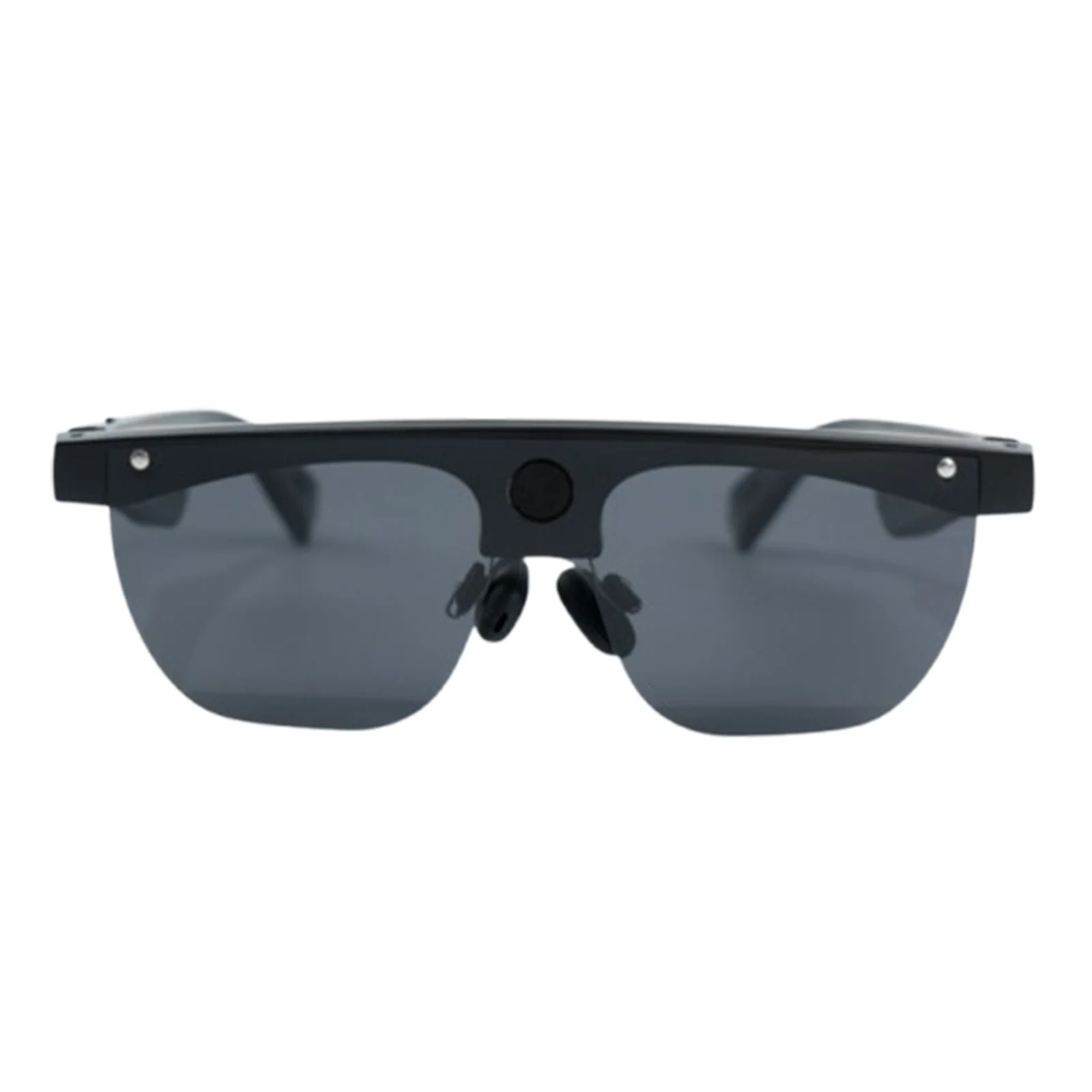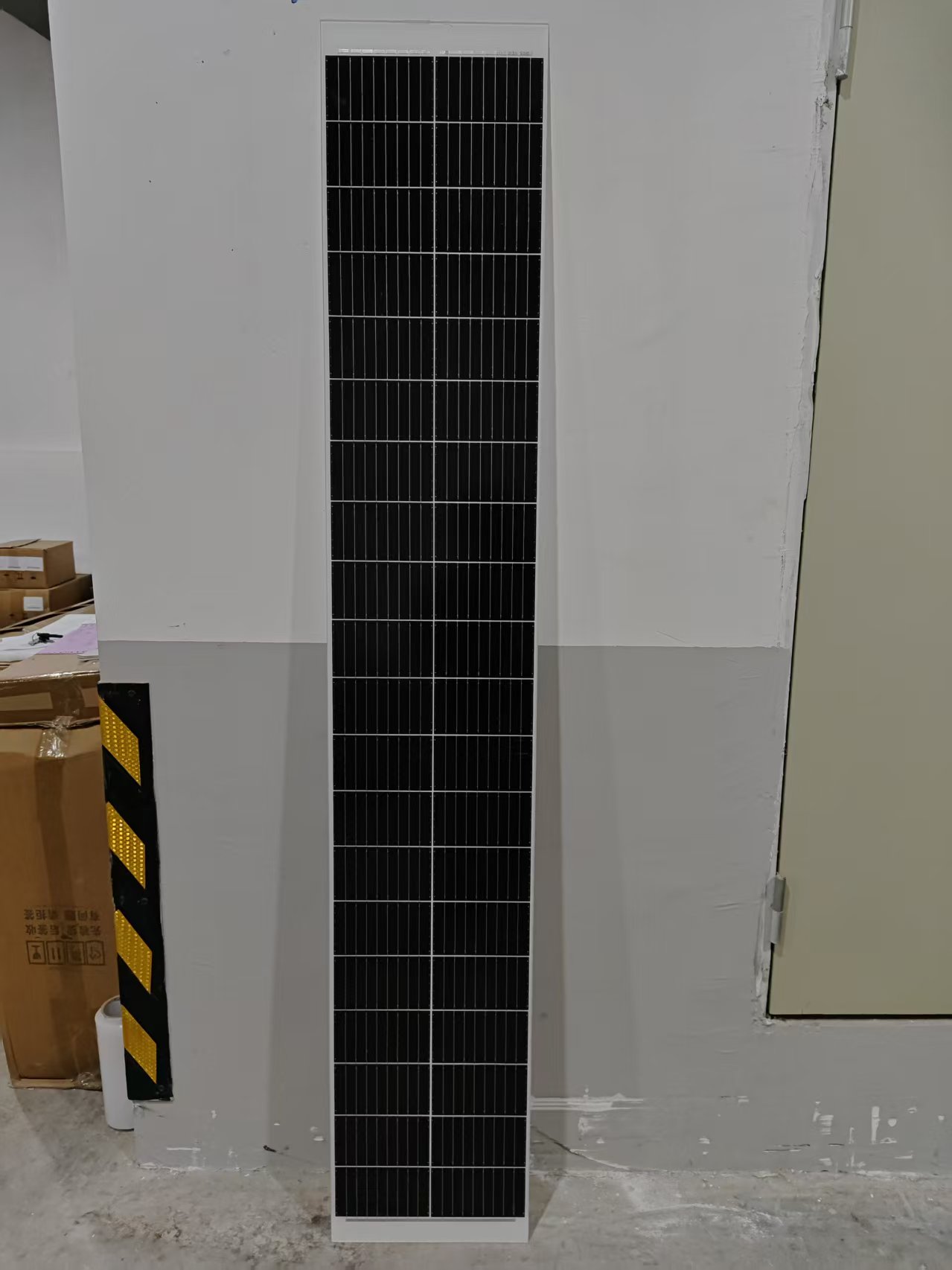Mastering the Art of Soldering Electronics: A Comprehensive Guide to Your Essential Toolkit
In the intricate world of electronics, soldering stands as a pivotal skill, bridging the gap between theoretical design and functional reality. Whether you're a hobbyist tinkering with DIY projects, an engineer prototyping cutting-edge technology, or a technician repairing complex circuits, the ability to solder electronics efficiently and precisely is invaluable. But what do you really need for soldering electronics? Beyond a basic soldering iron and some solder, the realm of essential tools and accessories is vast and nuanced. This comprehensive guide delves into the multi-layered essentials for mastering the art of soldering electronics, ensuring you're equipped to tackle any project with confidence.
- The Core Tools: The Bare Necessities
Soldering Iron: At the heart of every soldering station lies the soldering iron. Choose one with adjustable temperature control to cater to different materials and applications. For general electronics work, a temperature range of 200-450°C (392-842°F) is ideal. Look for irons with ergonomic handles to minimize fatigue during extended use.
Solder: High-quality, rosin-core solder is the go-to choice for most electronic soldering tasks. It contains flux that aids in the removal of oxides, ensuring a clean and strong joint. Opt for solders with diameters ranging from 0.5mm to 2mm, depending on the intricacy of your work.
Soldering Stand: A soldering stand keeps your iron safely elevated when not in use, preventing accidental burns and surface damage. Many models also include a sponge or brass wool for cleaning the tip, maintaining optimal heat transfer.
- Precision and Measurement: Enhancing Accuracy
Helping Hands or Magnifying Glass: These tools amplify your vision and provide a steady platform for delicate components, making it easier to align and solder even the smallest parts.
Tweezers and Needle-Nose Pliers: Precision tweezers and pliers are indispensable for handling tiny components, bending leads, and extracting parts without damaging surrounding circuitry.
Multimeter: A digital multimeter (DMM) is crucial for testing continuity, measuring voltages, and diagnosing circuits before and after soldering. It's a must-have for troubleshooting and ensuring your work functions as intended.
- Support and Protection: Safety First
Heat-Resistant Gloves and Mat: Protect your hands and workspace from accidental burns with heat-resistant gloves and a silicone or fiberglass soldering mat.
Ventilation and Safety Goggles: Soldering produces fumes that can be harmful if inhaled. Ensure proper ventilation and wear safety goggles to shield your eyes from sparks and flying debris.
Fire Extinguisher: Keep a suitable fire extinguisher nearby, preferably one rated for electrical fires, just in case of emergencies.
- Advanced Tools for Specialized Tasks
Desoldering Pump/Wick: For removing solder from existing joints, a desoldering pump or wick can be invaluable. They help clean up mistakes and facilitate component replacement.
Third Hand Tool: An advanced version of the helping hands, a third hand tool often features adjustable arms with clips and magnifiers, further enhancing your ability to work with intricate assemblies.
Thermal Heat Gun: For tasks requiring more gentle heat application, such as removing adhesive or shrink-wrapping insulation, a thermal heat gun can be a handy addition.
Solder Paste and Flux Dispenser: For PCB assembly, a solder paste dispenser and controlled application of flux can improve the reliability of surface-mount device (SMD) soldering.
- Workbench Organization: Efficiency Through Order
Organized Tool Kit: Keep your tools in a well-organized kit or drawer system. This not only speeds up your workflow but also ensures everything is easily accessible and properly stored.
Labeling and Documentation: Use labels to identify components, cables, and tools. Maintain a project notebook for sketches, notes, and schematics, fostering a culture of meticulousness that reduces errors.
Conclusion: Embracing the Craft
Soldering electronics is both a science and an art, requiring a blend of precision, patience, and the right tools. By investing in a comprehensive toolkit that addresses the core, precision, safety, specialized, and organizational aspects, you set the foundation for a rewarding journey into the world of electronic creation and repair. Remember, the key to mastering soldering lies not just in owning the right equipment but in understanding how to use it effectively and safely. Happy soldering!


